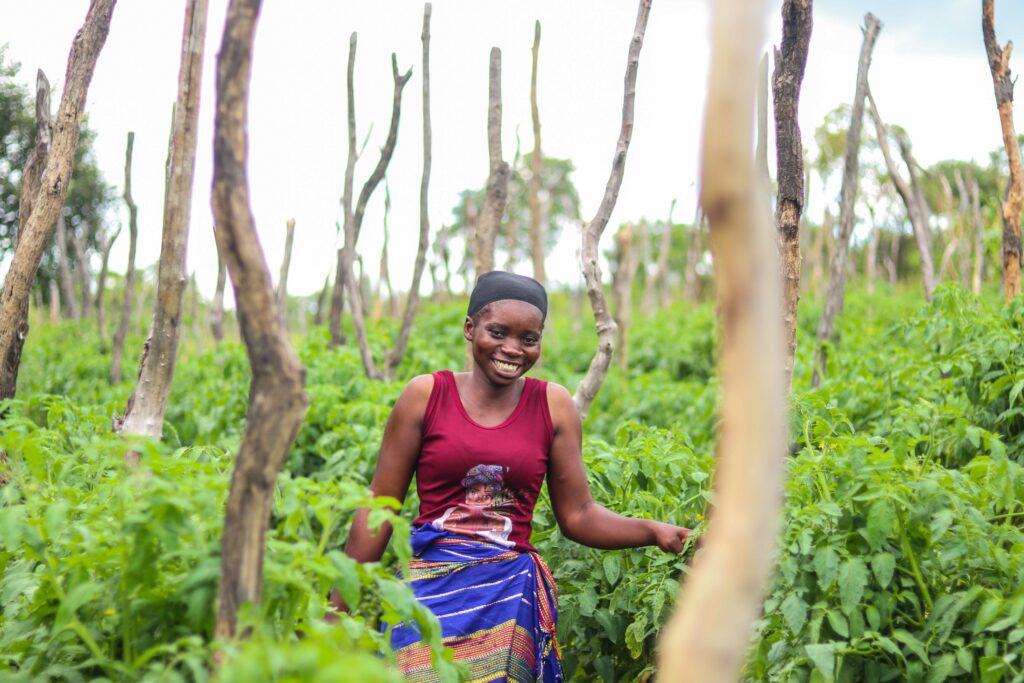We inhabit a singular Earth with no backup plan – no Planet B.

Once our resources are depleted, there is no turning back.
As a global community, we must collectively alter our behaviors to pave the way for a sustainable future that benefits our planet and all its inhabitants.
With COP28 on the horizon, it is crucial to underscore the desired outcomes from the 28th Conference of the Parties (COP) to the UN Framework Convention on Climate Change (UNFCCC). Previous global summits leading up to this conference have failed to produce significant changes, leaving key decisions unanswered. Hence, robust discussions, negotiations, and, most importantly, the formulation of concrete policies at COP28 are essential for the well-being of our planet.
Key areas that merit discussion and attention include:
1. Global Commitments: A call for stronger, unified global commitments to combat climate change and achieve the objectives outlined in the Paris Agreement, especially from major emitters worldwide.
2. Adaptation Measures: Recognition of the imperative need for adaptation measures to assist communities and nations in coping with the impacts of climate change. The current trajectory indicates a significant shortfall in meeting climate goals for 2030, underscoring the urgency to reduce emissions by 43% by 2030 to adhere to the Paris Agreement.
3. Financial and Technological Pathways: Establishment of solid pathways for finance and technology to facilitate countries in transitioning to a low-carbon economy.
4. Role of Non-State Actors: Acknowledgment of the influential role non-state actors, such as businesses and civil society, play in driving climate action. While corporate targets have increased, there is a need to empower and incentivize businesses further.
5. Encouraging collaboration between private and state actors in the carbon sector is crucial: The Voluntary Carbon Markets (VCM) have no doubt been instrumental and by design will undergo transformative changes in coming years. New initiatives should focus on scaling up and enhancing existing efforts rather than starting anew. This approach ensures continuity and builds on the progress achieved to date
6. Transparency and Accountability: Emphasis on increased transparency and accountability for countries’ climate actions, ensuring that climate finance benefits vulnerable communities experiencing the hardships of climate change.
7. Renewable Energy Transition: Clear support for the transition to renewable energy and energy efficiency, particularly with financial contributions directed towards vulnerable regions, such as Africa.
8. Compensation for Loss and Damage: Addressing compensation for loss and damage caused by climate change, implementing agreed-upon proposals ahead of COP. Pledges must be made, and funding commitments honored, considering the disproportionate impact on vulnerable regions.
As we approach one of the most anticipated COPs, the future hinges on decisive actions. Players in the Global South eagerly anticipate the necessary steps to be taken for meaningful change.
